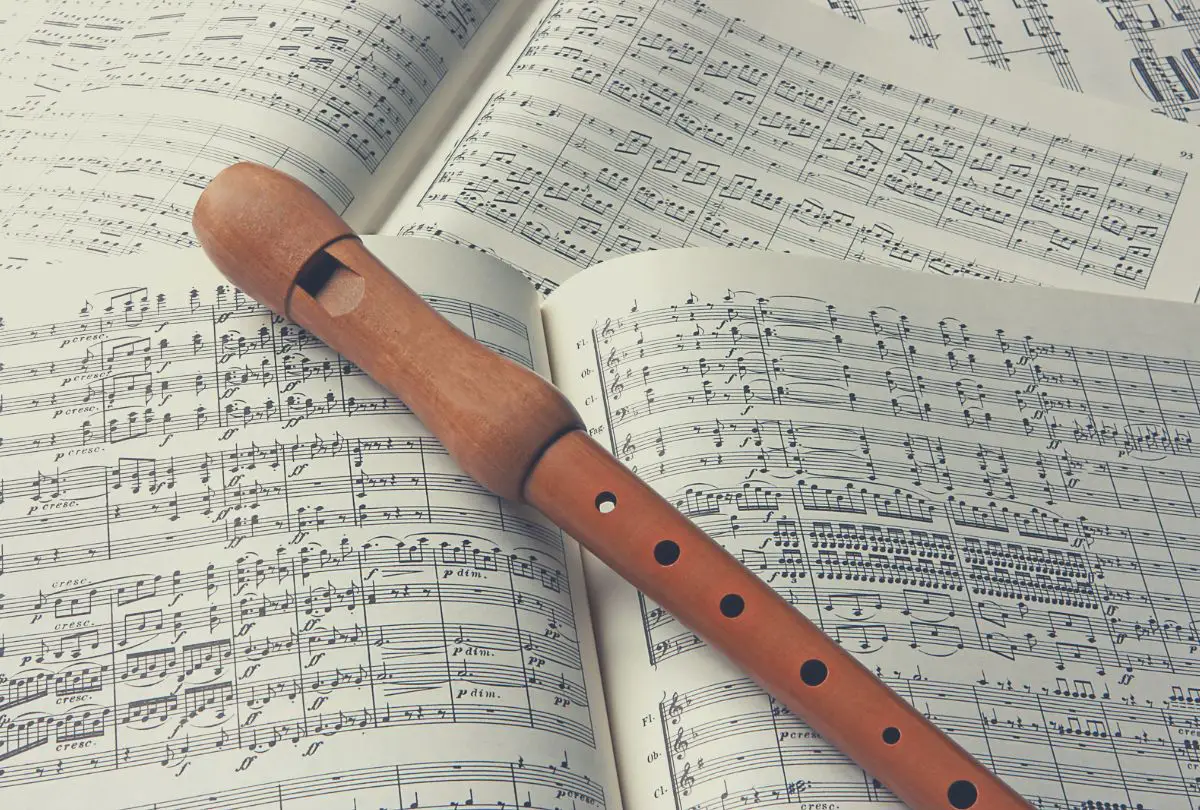Whether you’re picking the instrument up for the first time or looking to take your skills to the next level, you may wonder how long it will take to learn the flute.
If you are brand new to the flute and are starting from scratch, you can expect to spend around 3 to 6 months learning basic posture and fingerings.
Once you have those basics down, it will take 1 to 2 years to be able to produce a great sound and comfortably play beginner-level songs.
As you continue to practice and learn new skills, you will likely be able to consider yourself intermediate to advanced at the flute in 3 to 5 years.
For even more complex songs and techniques, it will take you around 6 to 8 years of consistent practice.
However, like all instruments, regular practice never ends and there are always new things to learn – so it will take a lifetime to truly master playing the flute.
We’ve compiled a few tips to get your flute journey started.
Posture and holding your flute
The flute is unique in many ways, but a big difference between the flute and other instruments is the way it’s held.
Before picking up your flute, be sure you’re sitting or standing up straight. You should be relaxed and able to comfortably take deep breaths and maneuver your hands as you play.
Knowing how to hold your hands and position your flute are essential to quality flute playing. Your left hand should be stationed closest to the mouthpiece of your flute with your thumb resting on the first key on the bottom of the flute.
The other fingers should wrap around the flute’s body and rest on their corresponding keys.
Your right hand will hold the far end of your flute. Your right thumb will support the instrument’s weight while the rest of your fingers rest on the keys at the bottom of the flute. The flute will be held out to the side, parallel to the ground.
Flute finger positions and scales
Notes on a flute are played by pressing down specific keys on its body. In order to get the hang of the different finger positions and move between notes, you can practice playing scales.
Beginner flutists typically find the C Major scale to be easiest to learn since there are no sharps or flats, but the B Flat scale is also great for getting started. There are 12 Major scales to learn, and many of the notes will overlap from one scale to another.
Learn to play songs on the flute
Once you have your basic notes and scales down, you can begin putting that knowledge to use by playing songs.
Great beginner songs include “Hot Cross Buns”, “Yankee Doodle”, and “Somewhere Over the Rainbow”. At an intermediate level, you can learn songs like Bach’s “Air” from Orchestral Suite No. 3 or Beethoven’s “Minuet”.
For advanced flutists, “Syrinx” by Debussy or “Sonata in B Minor” by Bach are great pieces to aim to master.
Practice your flute daily
Whether you’re self-taught or studying with a teacher, learning flute is achievable and admirable.
Commit to practicing your flute for at least 15 to 20 minutes each day. Warm up with scales and other exercises, then practice both old and new repertoire.
If you’re looking for a fulfilling way to perform with your flute, look into joining an orchestra or other musical group.
If you just want to learn the flute for yourself, it’s still a fun and challenging hobby. Continue to practice daily, and soon you’ll surprise yourself with how far you’ve come.


Leave a Reply